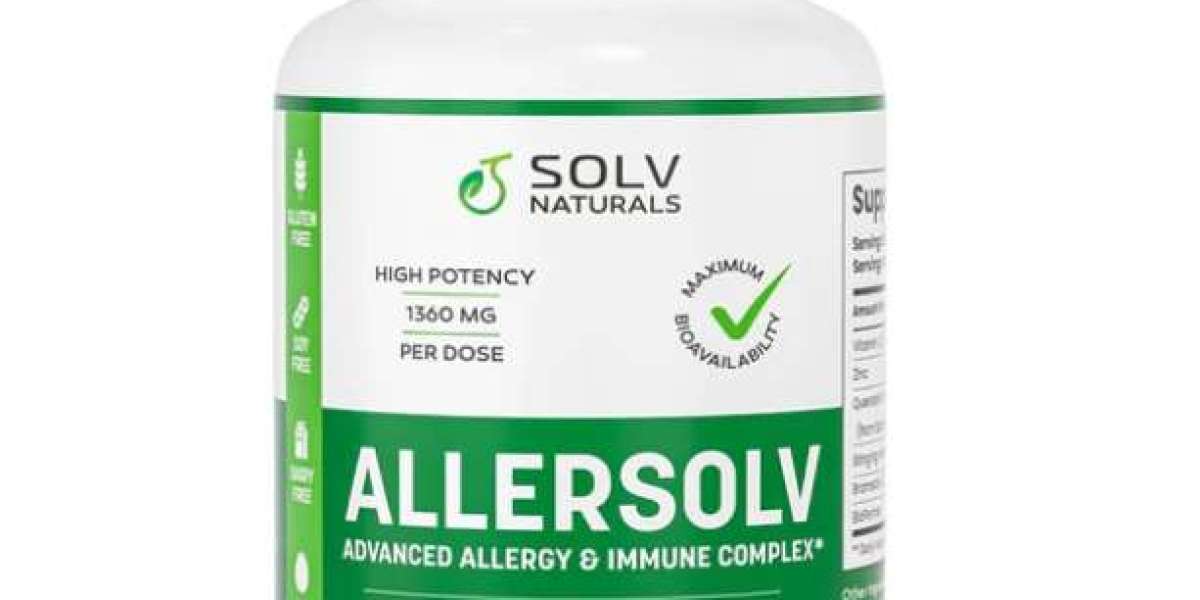Chronic pelvic pain (CPP) can significantly impact an individual’s quality of life, causing persistent discomfort and limiting daily activities. While conventional medical treatments are available, many people seek natural alternatives to manage their pain and reduce inflammation. In this article, we explore various natural anti inflammatory solutions that can help alleviate chronic pelvic pain and promote overall wellness.
Understanding Chronic Pelvic Pain
Chronic pelvic pain is a condition characterized by long-term pain in the lower abdomen or pelvic region, lasting for six months or more. It can be caused by various underlying conditions such as endometriosis, interstitial cystitis, pelvic inflammatory disease (PID), irritable bowel syndrome (IBS), and musculoskeletal problems. Inflammation is a common factor in many of these conditions, making the management of inflammation a key aspect of treatment.
The Importance of Natural Anti-Inflammatory Solutions
Natural anti-inflammatory solutions offer a holistic approach to managing chronic pelvic pain. These methods often come with fewer side effects compared to pharmaceutical options and can be incorporated into a comprehensive treatment plan. By addressing the root causes of inflammation and promoting overall health, natural remedies can provide effective relief and improve quality of life for individuals with chronic pelvic pain.
Natural Anti-Inflammatory Solutions for Chronic Pelvic Pain
Dietary Changes: Adopting an anti-inflammatory diet is one of the most effective ways to manage chronic pelvic pain. Focus on consuming whole, nutrient-dense foods such as fruits, vegetables, lean proteins, whole grains, and healthy fats. Foods rich in omega-3 fatty acids, like salmon and flaxseeds, are particularly beneficial. Avoiding processed foods, sugar, and trans fats can also help reduce inflammation.
Turmeric: Turmeric contains curcumin, a compound with potent anti-inflammatory properties. Adding turmeric to your diet, whether through cooking or as a supplement, can help reduce inflammation and alleviate pain. Turmeric can be used in teas, smoothies, and various dishes to enhance its health benefits.
Ginger: Ginger is another powerful natural anti-inflammatory agent. It can help reduce inflammation and pain associated with chronic pelvic conditions. Incorporate fresh ginger into your meals, drink ginger tea, or take ginger supplements to benefit from its healing properties.
Exercise and Physical Therapy: Regular physical activity and targeted physical therapy can help reduce chronic pelvic pain. Exercise improves blood circulation, reduces inflammation, and strengthens the muscles supporting the pelvic region. Pelvic floor physical therapy, in particular, can help address muscle imbalances and tension contributing to pain.
Stress Management: Chronic stress can exacerbate inflammation and pain. Incorporating stress management techniques such as mindfulness meditation, deep breathing exercises, yoga, and tai chi can help reduce stress levels and promote relaxation. These practices have been shown to lower inflammatory markers in the body, thereby reducing pain.
Herbal Remedies: Various herbs have anti-inflammatory properties that can help manage chronic pelvic pain. In addition to turmeric and ginger, herbs like chamomile, boswellia, and evening primrose oil can provide relief. Drinking chamomile tea, taking boswellia supplements, or using evening primrose oil capsules can be effective natural remedies.
How to Integrate These Solutions
To effectively manage chronic pelvic pain with natural anti-inflammatory solutions, consider the following steps:
Diet: Incorporate anti-inflammatory foods into every meal and avoid inflammatory triggers.
Supplements: Consult with a healthcare provider to determine the appropriate dosage of supplements like turmeric, ginger, and boswellia.
Exercise: Engage in regular physical activity and consider working with a physical therapist specialized in pelvic floor health.
Stress Reduction: Make time for daily stress management practices such as meditation or yoga.
Herbs: Use herbal remedies consistently as part of your daily routine.
Conclusion
Managing chronic pelvic pain through natural anti-inflammatory solutions can offer significant relief and enhance overall well-being. By adopting dietary changes, incorporating anti-inflammatory herbs, engaging in regular exercise, and practicing stress management techniques, individuals with chronic pelvic pain can take control of their condition and improve their quality of life. Always consult with a healthcare professional before starting any new treatment regimen to ensure it is safe and appropriate for your specific needs. With a comprehensive and integrative approach, healing naturally from chronic pelvic pain is within reach.








